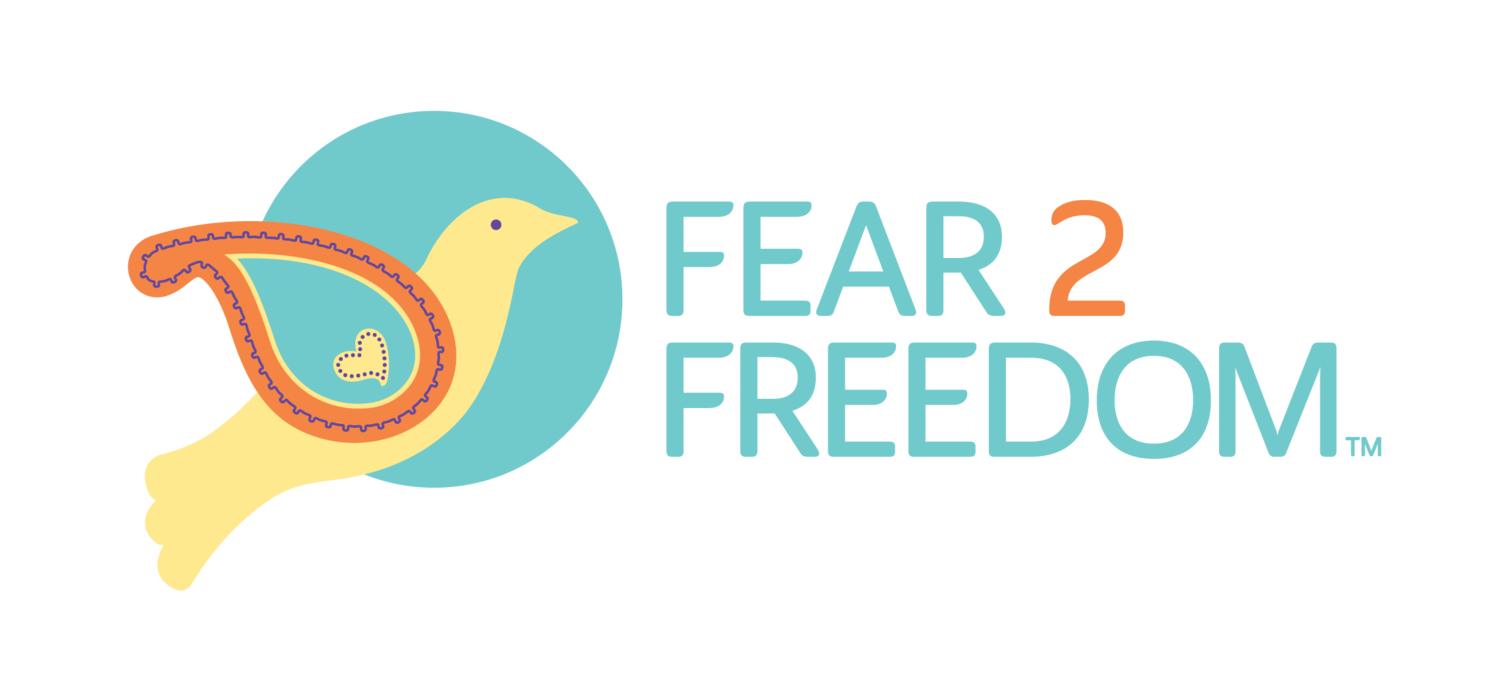Content Notice: Sexual violence
written by: Teagan Mauck, F2F Fall 2021 Programs Intern
Surviving sexual trauma and/or intimate partner violence can be an isolating and traumatizing experience. It is a well-documented fact that only about 30% of sexual assaults are reported, and less than 3% of those convicted will be incarcerated. 25% of survivors who chose not to report their assault cite reasons such as “believed the police would not do anything to help” and “believed it was not important enough to report.” Rape culture plays a part in normalizing sexual violence, and prevents survivors from speaking out. To combat this, more and more spaces have been created for survivors to come forward with their experiences, from the viral social media campaigns #WhyIDidntReport surrounding Dr. Christine Blasey Ford and #MeToo, to anonymous forums which allow survivors to share their story without fear. Although this is an empowering display of solidarity which can help some survivors feel like they're not alone in their experiences, it can be incredibly overwhelming and emotionally complex for other survivors.
Creating an environment of support and solidarity actively combats isolation, guilt, and shame surrounding sexual violence. Hearing about others’ experiences and fully realizing the extent of sexual violence and empathizing with the countless people with shared experiences is painful and possibly triggering for survivors. The power of both/and thinking means that these statements can exist simultaneously, and validate multiple experiences. Despite this, there are still many benefits to sharing. The more people share, the more awareness is brought to just how widespread of a problem this is, and the stigma surrounding reporting becomes less prevalent in today’s society. With this dialogue comes complex, not talked about, “ugly” emotions that can create an environment of shame and isolation all over again. Bringing awareness to the entire range of emotions that a trauma survivor can feel is crucial to creating spaces that are safe and protected.
The shame that I have personally experienced, from the pain and numbness of not being believed for years, to the absolutely soul-crushing realization that other people had to go through what I have gone through, has given me some perspective on how to navigate these emotions. Here are some things to keep in mind:
Your emotions are valid
Common emotions of survivors of sexual assault include guilt, shame, and self-blame. However, this is not an exhaustive list, and it is okay to feel the way that you do. It’s important to acknowledge and validate any feelings you have, so that then you can effectively work through them instead of suppressing them and making them worse. As an example, finding relief that you are not the only one to experience sexual violence may feel like an “unacceptable” emotion to feel, but noticing and validating said emotions is crucial in the healing process.
Remember that although similar, their story is not your own
I have the unique experience of being close friends with another survivor from the same perpetrator, and although our stories share similarities, it was incredibly difficult for me not to give unsolicited advice surrounding healing from the actions of a specific person. It can be hard to resist the perceived need to help other survivors overcome their experiences, but it’s important to remember that, although they may benefit from some of the same tools, their story and their healing path are not identical to yours.
It’s okay to remove yourself from the triggering situation
Social media is inundated with sexual violence discourse, campaigns, and awareness, from highly publicized allegations to viral protests at universities. You do not have to participate in activism or attach your story to a public hashtag to validate your experiences, nor to speak on behalf of every survivor. You are allowed to remove yourself from any triggering situation, whether it be Instagram or a university lecture.
